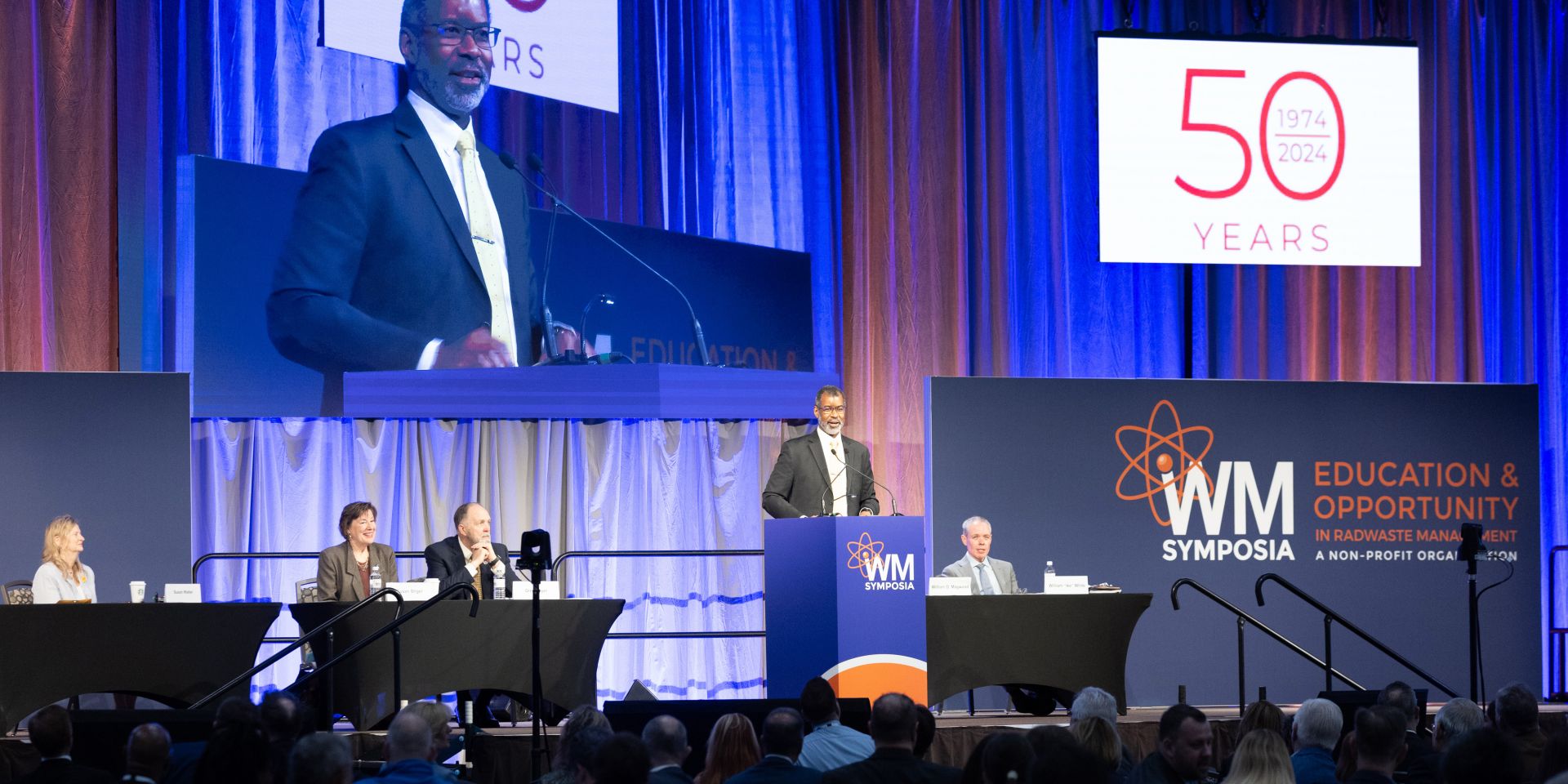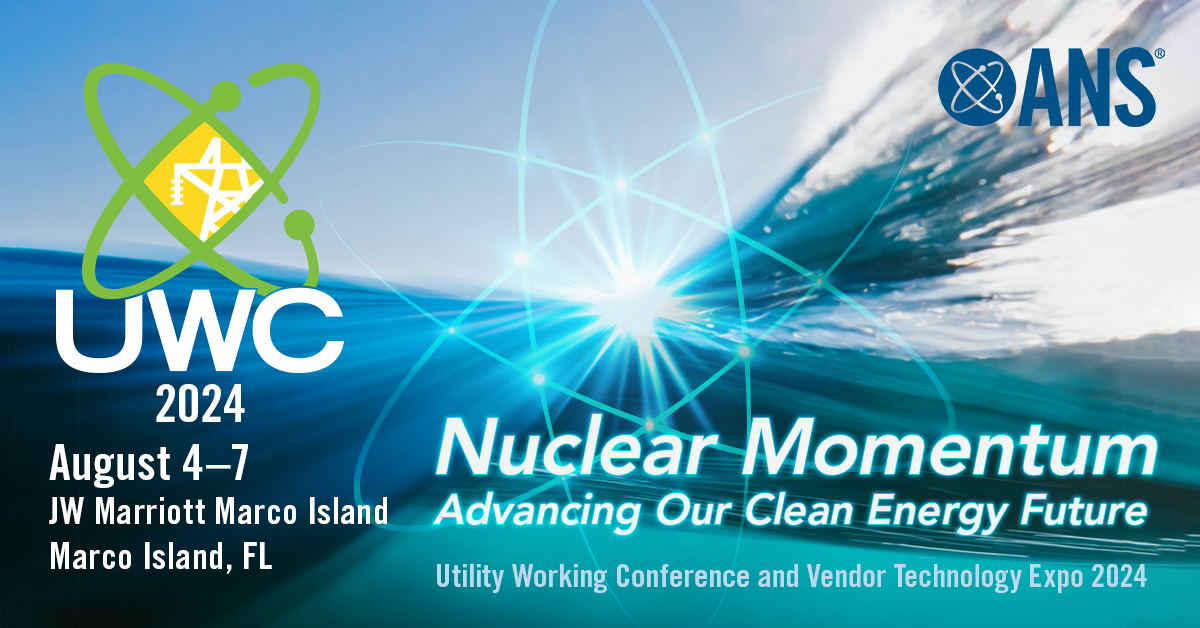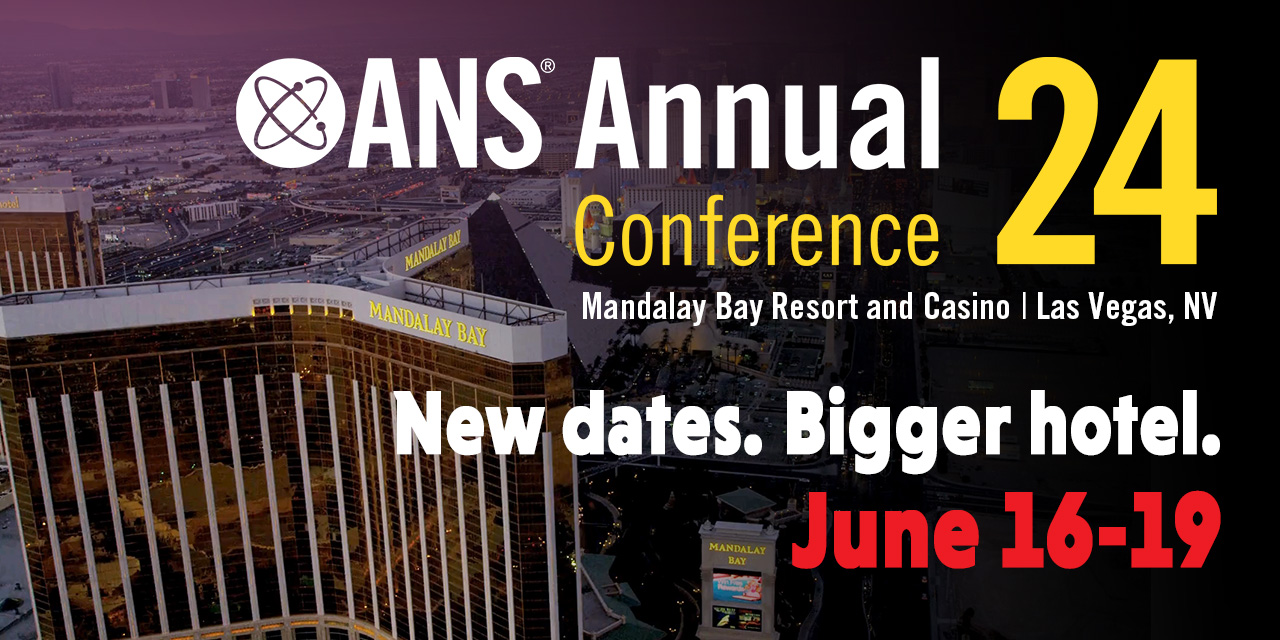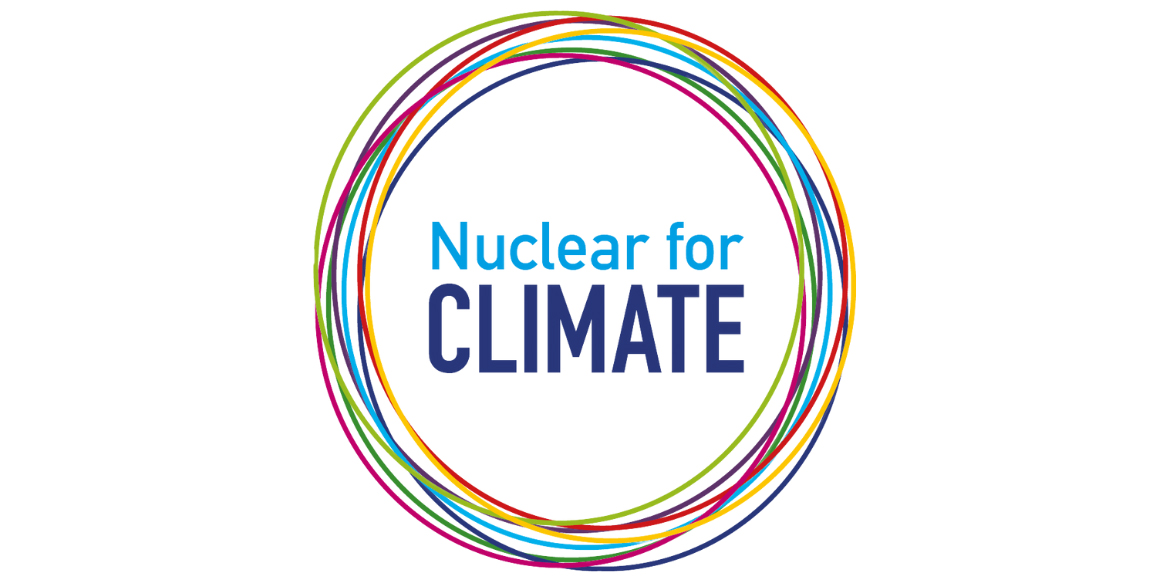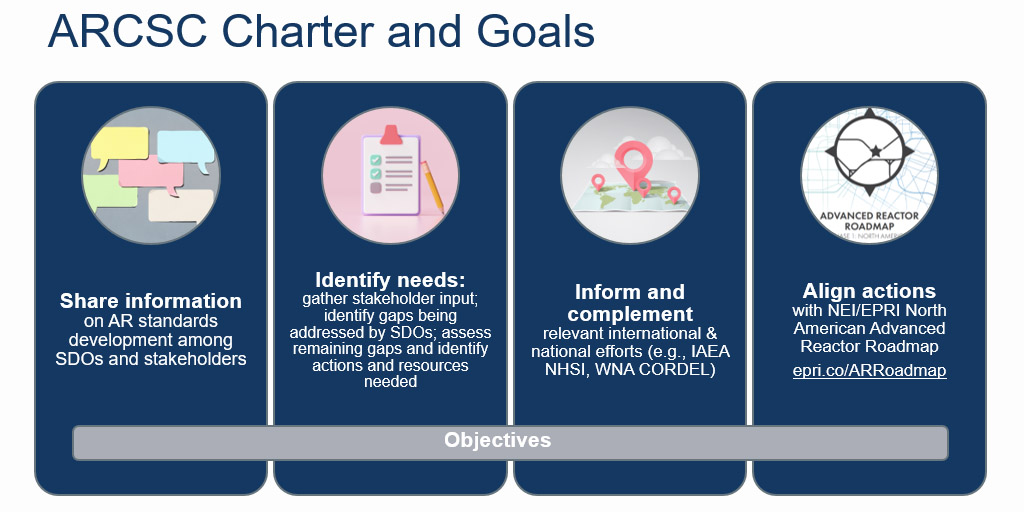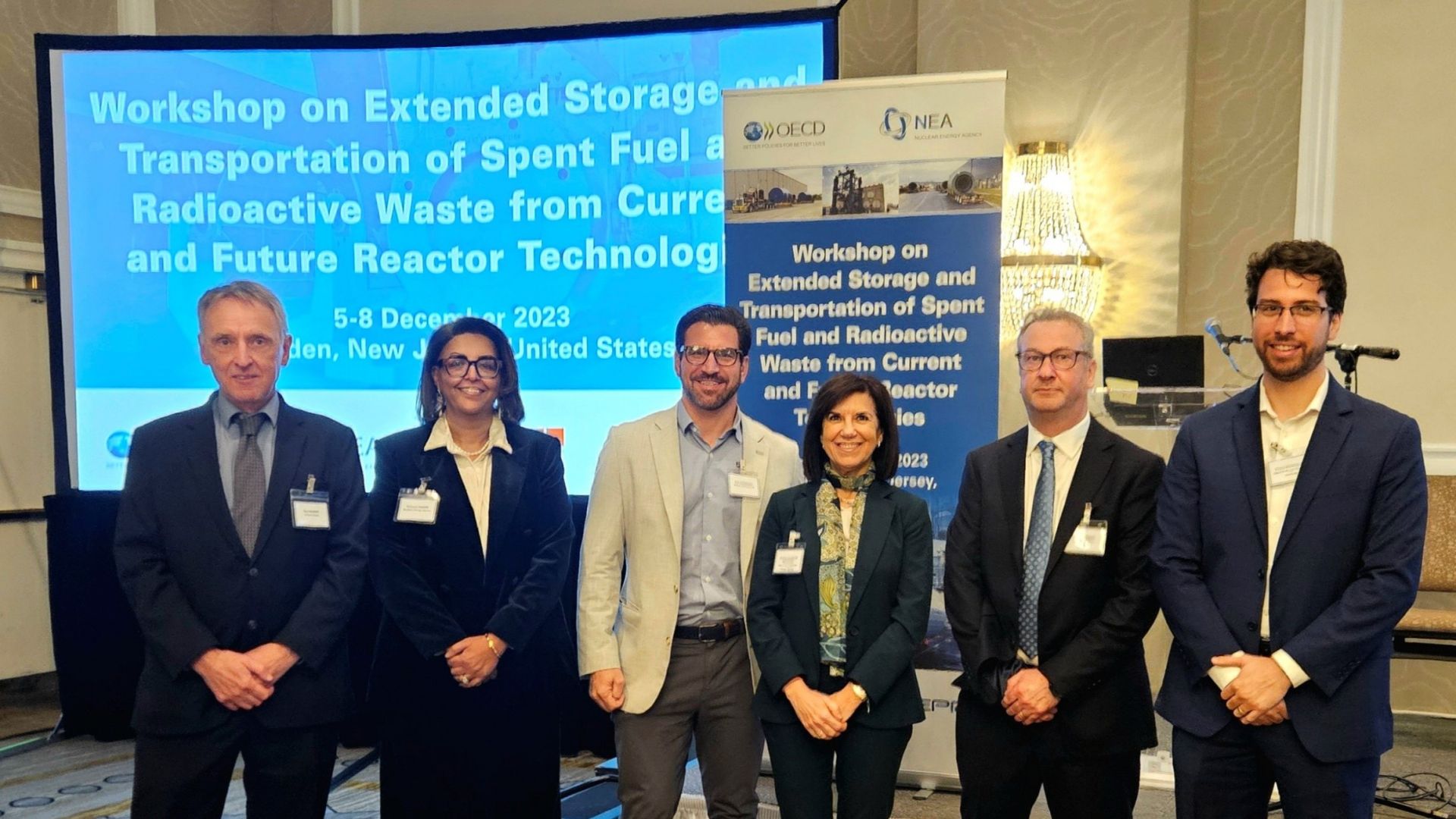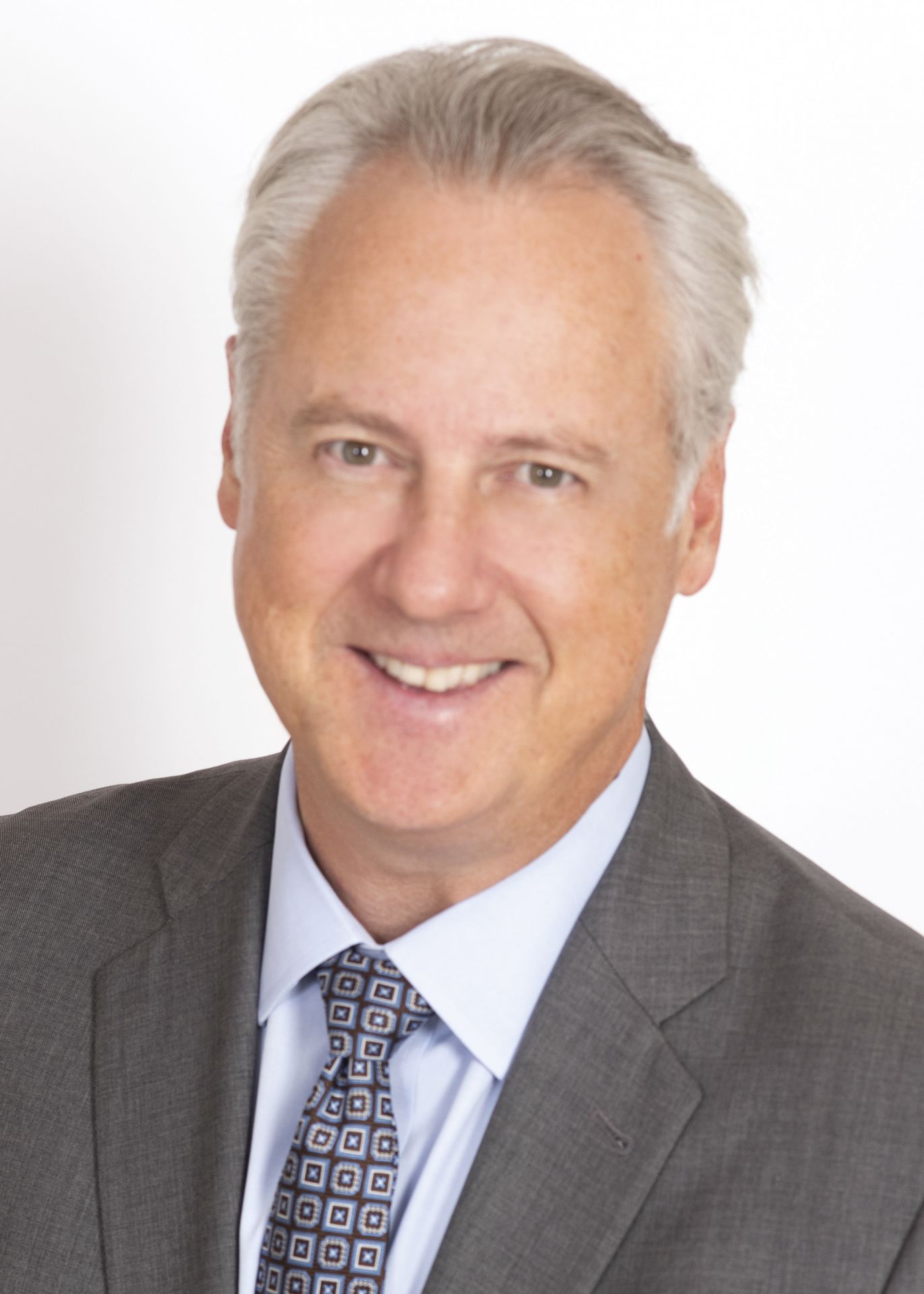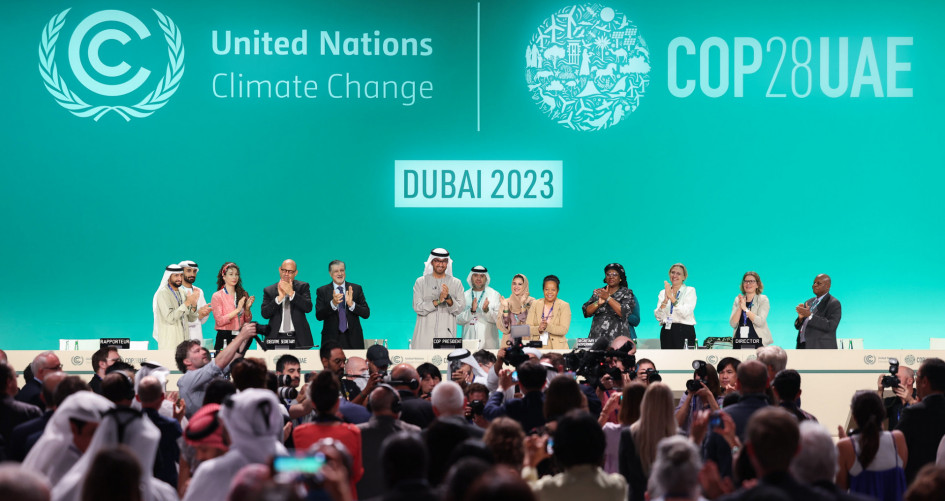The OECD NEA’s William Magwood addresses the plenary audience of the 2024 Waste Management Conference in Phoenix. (Photo: WM Symposia)
This year marked the 50th anniversary of Waste Management Symposia’s Waste Management Conference, held March 10–14 in Phoenix, Ariz. The event has grown significantly since the first Waste Management Conference in 1974, which attracted about 200 attendees. This year’s conference saw a record attendance of around 3,300 people from more than 20 different countries and boasted 235 technical sessions and 89 exhibitors.
The OECD NEA workshop will be held at Chateau Laurier in Ottawa, Canada. (Image: OECD NEA)
The OECD Nuclear Energy Agency is hosting a workshop on the economics of small modular reactors in Ottawa, Canada, on February 27, 2024.
The workshop will be an in-person event, with no hybrid or virtual attendance option. There is no cost for the workshop, but attendees from relevant organizations will be prioritized due to room capacity.
Registration is required.
Some of the participants at the NEA Workshop on Extended Storage and Transportation of Spent Fuel and Radioactive Waste from Current and Future Reactor Technologies. (Photo: NEA)
A recent event co-organized by the Nuclear Energy Agency, the Electric Power Research Institute, and Holtec International brought together about 100 international experts for a workshop on spent fuel and radioactive waste.
Attendees at the New Nuclear for Maritime summit in Washington, D.C. (Photo: Core Power)
Core Power, a private maritime technology company based in the United Kingdom, held the international summit New Nuclear for Maritime in Washington, D.C., that brought together leaders and experts to explore the latest opportunities in advanced nuclear applications for the maritime industry. Several American Nuclear Society members were featured on panel discussions, including Jess Gehin, Idaho National Laboratory’s associate lab director for nuclear science and technology.
Applause at the conclusion of COP28. (Photo: Kiara Worth/UN Climate Change)
The United Nations' Climate Change Conference of Parties (COP28) in Dubai, United Arab Emirates, closed on December 13 after debate on a “global stocktake” pushed negotiations a full day past the scheduled end date. Though advocates hoping for a phaseout of fossil fuels were ultimately disappointed and must settle for “transitioning away,” another first—after 30 years of global climate conferences—is the inclusion of nuclear energy among the zero-emissions and low-emissions technologies that still could, if deployment is accelerated, support deep reductions in greenhouse gas emissions to limit global warming to 1.5°C.


